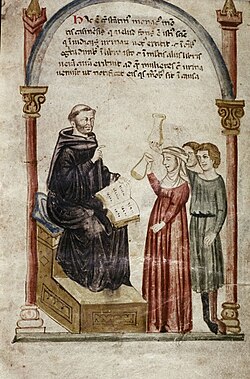This article needs additional citations for verification .(January 2021) |
The following is a list of notable individuals who converted to Catholicism from Islam (including to Eastern Catholic Churches).
This article needs additional citations for verification .(January 2021) |
The following is a list of notable individuals who converted to Catholicism from Islam (including to Eastern Catholic Churches).










Main articles | Catholicism-related lists
|